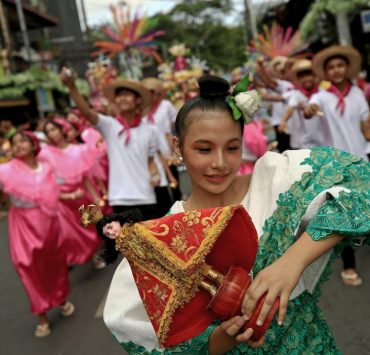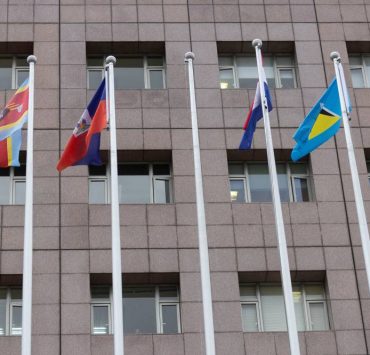CHR: Gov’t responsible for subsidy on modern PUVs
For the first time since the Marcos administration imposed a hard deadline for jeepneys to consolidate into fleets, the Commission on Human Rights (CHR) has declared that the government should “efficiently subsidize” the public utility vehicle modernization program (PUVMP) and make sure it would not trample on the rights of drivers, operators and commuters.
In a statement issued last Friday at the Inquirer’s request, the CHR said it recognizes the need for safer and more environment-friendly transportation modes, but stressed that “adhering strictly to rigid consolidation deadlines may jeopardize PUV operators’ right to a sustainable livelihood.”
“The Commission believes that genuine progress is inclusive and leaves no one behind. Given the economic and financial implications of PUVMP, the majority of the program’s financial burden will fall on drivers and operators,” it noted.
The CHR called on the government to “efficiently subsidize the program, develop an effective communication strategy for the general public, and make the implementing rules and regulations of PUVMP more understandable.”
‘Fundamental rights’
The Land Transportation Franchising and Regulatory Board had announced that jeepney operators and drivers only have until Jan. 31 to consolidate into cooperatives or corporations and take the first major step toward fulfilling the PUVMP. This was another extension from an earlier deadline, the most recent being Dec. 31.
The program requires that traditional, diesel-run PUVs like jeepneys and UV Expresses shift to Euro-4 friendly units, which are pegged at a steep P2.4 million.
Jeepney operators and drivers have argued that this imposition infringes on their right to livelihood and just transition as many of them are unable to shoulder the huge costs of modernization. This is also why they have been clamoring for the CHR to weigh in on the program.
In response, the commission affirmed their concerns and urged the government to pursue its program “without violating fundamental human rights.”
It cited multiple reports and studies that argue that many jeepney drivers may lose their jobs because of the program’s high entry barriers.
‘Pushed into poverty’
For think tank Ibon Foundation, the costs of modernization cover not only the unit cost but also the expenses associated with forming and coordinating a cooperative or corporation and maintaining those units.
“[That] the government set a ceiling of P80,000 in subsidies per unit despite the updated jeepneys costing upward of P1 million does not alleviate fears that the program will simply push poorer operators out, allowing well-financed corporations to take over,” the CHR underscored.
The CHR also reminded the Marcos government that the program’s consequences extended to commuters who bear the brunt of strikes and protests by the affected public utility groups.
“In the context of the PUVMP, it is necessary to avoid actions that may impose an undue burden on the public. This includes avoiding financial difficulties for small transportation operators and protecting the livelihoods of the numerous drivers involved,” the commission said.
“The potential consequences, such as pushing these drivers and their families into poverty, highlight the need for a balanced and considerate approach in implementing modernization efforts to ensure they align with wider societal welfare,” it added.
The commission also affirmed the jeepney operators and drivers’ right to self-organization as well as their right to strike in accordance with the law, as enshrined in the 1987 Constitution.
It cited the International Labor Organization Convention 87 (ILOC 87), which states that “workers and employers, without distinction whatsoever, shall have the right to establish and, subject only to the rules of the organization concerned, to join organizations of their own choosing without prior authorization.”
“Needless to say, participating in a cooperative should be a voluntary decision,” the CHR added.
Protest march
Meanwhile, transport groups Manibela and Piston said they would lead a protest march on Tuesday.
At least 15,000 people—including jeepney drivers, operators, commuters and students—are expected to join the march from the University of the Philippines Diliman to Mendiola, Manibela chair Mar Valbuena announced in a forum on Sunday.
Valbuena said they would call on President Marcos to reconsider his stance on the PUVMP and retract the impending revocation of franchises of unconsolidated PUVs.
“We would like to appeal to the President to return the revoked franchise of our operators. Because this would result in loss of income for our drivers and operators, and also a loss of transportation means for the public,” he said.
Around 30,000 jeepneys in Metro Manila have yet to consolidate into cooperatives, according to Manibela. —WITH A REPORT FROM FRANCES MANGOSING INQ

















